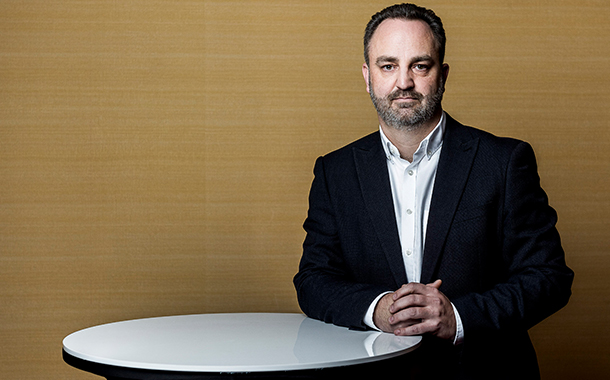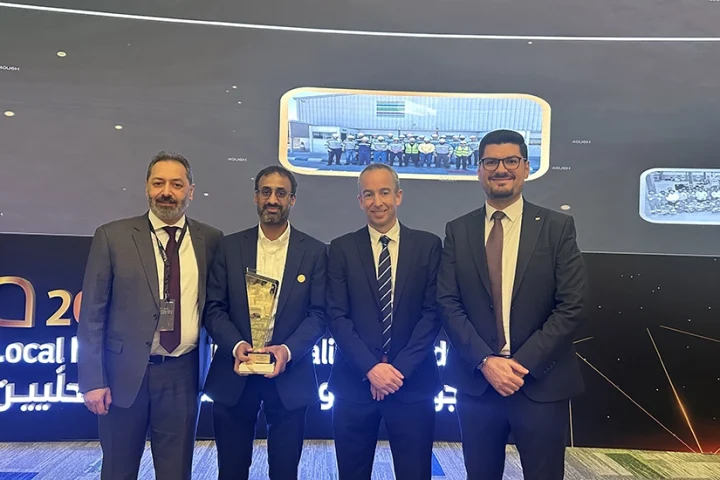Companies in the tech industry have traditionally focused on growth and profit as measures of their success. And while there’s no doubt that technology innovation has enriched all of our lives and driven societal progress, there have also been unforeseen negative consequences.
The foundations of democracies have been shaken by election engineering through social media; people are being treated for gaming and digital addictions; and consumers everywhere are reconsidering how they share data following countless data breaches and privacy violations. There is a real sense of fear around the power of technology, a growing public mistrust in the tech industry and concern about the inability of people to use tech responsibly.
But use it responsibly they must. The pace of innovation is continuing to accelerate, and with it the potential to solve some of the biggest problems facing our time. Consider the promise of two technologies that are here today: Internet of Things and Artificial Intelligence.
Despite enough food being produced to feed everyone on the planet, world hunger still exists. IoT solutions can help us address wastage by improving the yield from harvesting and storage, and by reducing the amount of lost and damaged food in the distribution ecosystem. AI has the potential to transform global healthcare, predicting the outcome of drug treatments on individuals, providing a highly personalised approach with much better patient outcomes.
So far so good. But on the flipside, some IoT devices have vulnerabilities that allow attackers to remotely control them. When we consider that smart cities are being built with thousands of sensors, the importance of securing these systems is evident to prevent hackers gaining control causing chaos in our cities. Similarly, AI is being deployed by criminals to crack security and wreak cyber havoc, which can lead to major real-world problems. The WSJ recently reported AI was deployed to imitate a company CEO’s voice and trick a senior colleague into transferring $243,000 into an account.
Then there’s the question of ethics. AI tools learn their ethics from their programmers, increasing the risk of unconscious bias becoming inbuilt if not caught and managed appropriately. That’s why we’ve seen issues with software discriminating based on race and gender in fields including recruitment, mortgage applications and even law enforcement.
Is the era of self-regulation in the tech sector over?
It’s therefore no surprise that many people are calling for the technology industry to be regulated. No longer can business success be judged solely on growth and profitability, the associated impact on society and the environment must also be measured and controlled. The technology industry must be held accountable.
Perhaps surprisingly, a number of tech firms – who have generally been opposed to more regulation of their activities – hold this view. Tim Cook, Apple’s CEO, is a prominent voice calling on the US government to intervene to ensure user rights and privacy are protected. He points to Europe’s GDPR as a step in the right direction. And Facebook boss, Mark Zuckerberg, has also called for regulation in four areas – harmful content, election integrity, privacy and data portability. Of course, the danger of regulation is that while it protects society from harm, it may stifle innovation and jeopardise freedom of speech. But no matter how complex the issue is, it is clear that regulation and legislation will come.
Smart tech companies are applying good governance
That means smart tech businesses need to start applying good governance and getting their houses in order. If tech companies behave ethically, hold themselves to account and proactively manage their impact on the environment and society, then when regulations come, and they will, they will be better placed to adapt. Companies will need to show their stakeholders and potential investors that they are integrating these changes into their business strategies and focusing on the long-term. And many are already on that journey.
The alternative is to continue to place short-term profit and growth above all else, running the risk of painful change when new legislation and regulations come into effect.
Taking responsibility to deliver global impact
Technology is neither good nor bad, but it should be used as a force for good, regardless of future regulatory requirements. Yes, the associated issues and questions are hard and complex. To address them fully, the industry needs to think differently, act differently, and connect differently. Every tech firm should be embarking on this journey and getting its house in order. Not only does it make sense from a humanitarian and planetary perspective, it makes business sense too.
By Joe Baguley, VP and CTO, EMEA, VMware.






















